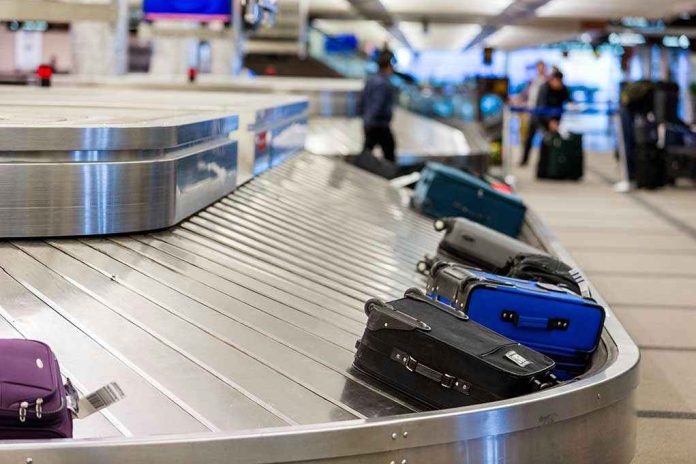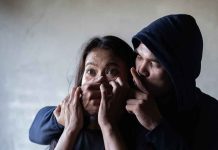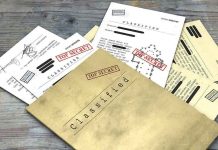
A high-profile CEO claims she’s “cracked the code” on jet lag with a two-step trick, but the real story is how modern travelers are now relying on personal hacks to fix a problem our so-called experts and government-funded researchers still can’t solve—because, apparently, common sense is now a radical act.
At a Glance
- Wendy Kopp, CEO of Teach For All, says fasting on flights and running before eating upon arrival banished her jet lag.
- Her method is gaining media attention, stirring debate among travel experts and frequent flyers.
- Sleep scientists acknowledge some logic in her approach but warn that light exposure and gradual schedule shifts remain the gold standard.
- Millions of travelers continue to search for reliable, low-cost solutions while wading through a jungle of expert opinions and wellness fads.
The CEO’s Jet Lag Hack: Fasting and Running, Not Federal Funding
Wendy Kopp, the CEO of Teach For All and former head of Teach For America, recently unveiled her so-called “jet lag cure” during a CNBC interview. The hack? She simply refuses to eat on the plane, then goes for a run as soon as she lands—before she allows herself any food. Kopp claims this method has eliminated her jet lag entirely, and if you think that sounds suspiciously like old-fashioned discipline and personal responsibility, you’re not alone. In a world where bureaucrats and “wellness experts” churn out expensive, convoluted solutions for every inconvenience, here’s a leader who’s getting results by telling people to skip the in-flight snacks and move their bodies. The audacity.
Kopp’s two-step routine has been splashed across news outlets like Fortune and CNBC, sparking both curiosity and skepticism. Her rationale is that fasting helps reset the body’s internal clock, and immediate physical activity gets her blood pumping and mind alert in the local time zone. While she’s not selling a $50 “circadian supplement” or lobbying Congress for taxpayer-funded research into the “science of sleep,” Kopp is doing what Americans used to do best: experimenting, working hard, and using her own experience as proof. That’s not just a productivity hack—it’s a rebuke to the culture of endless spending and government hand-holding.
Travel “Experts”: Don’t Try This at Home (Unless It Works)
Naturally, the so-called sleep experts rushed to weigh in. Dr. Leah Kaylor, a psychologist and sleep specialist, acknowledged that fasting and exercise might help some people, but she still champions the “evidence-based” strategies: careful melatonin use, schedule adjustments, and—wait for it—lots of exposure to sunlight. Dr. Rebecca Robbins of Brigham and Women’s Hospital echoed this, saying that shifting your sleep before you travel and getting outside as soon as you land are the best bets. Meanwhile, scientific studies do support the idea that meal timing and exercise can play a role in resetting the body’s circadian rhythms. But the experts’ bottom line? Results may vary, and light exposure is still king.
Kopp’s hack isn’t magic, but it’s pragmatic. It doesn’t require government subsidies, new regulations, or another taxpayer-funded initiative. And isn’t that the problem for the experts? If ordinary people can solve jet lag with nothing but willpower and a pair of running shoes, what happens to the sprawling industry of sleep consultants, wellness products, and conference speakers? Maybe the biggest threat to the “expert class” isn’t misinformation—it’s common sense, and a willingness to ignore the chorus of professional hand-wringers.
The Real Impact: Personal Responsibility Beats Government Overreach
Kopp’s approach is catching fire among frequent travelers, especially those tired of being told to buy more, do less, and trust the experts. Her method is free, simple, and—most importantly—puts the responsibility back on the traveler, not the taxpayer. In a time when government spending is out of control and every minor inconvenience is treated like a crisis demanding federal intervention, Kopp’s jet lag hack is a refreshing reminder that not every problem needs a multi-billion-dollar study or a new line item in the budget.
For years, the travel industry and the “wellness” complex have made a killing selling snake oil and quick fixes to exhausted fliers. Airlines may soon add Kopp’s advice to their wellness programs, but don’t hold your breath for Washington to endorse any solution that doesn’t involve a grant, a panel, or a new department. Meanwhile, the people who actually have to get things done—business travelers, pilots, athletes—are happy to try anything that works, especially if it doesn’t cost a dime.





